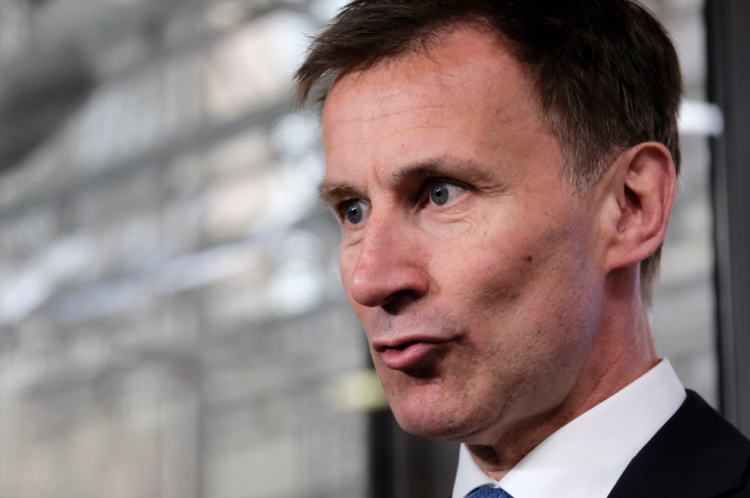Chancellor Jeremy Hunt has called employee national insurance contributions (NIC) “the most economically damaging tax” as he reiterated his ambition to abolish it.
Speaking at a Conservative event in Westminster today, he said his party would continue to “bring down taxes… because that is already what we have been doing”.
Employee NI was reduced from 10 percent to 8 percent in the 2024 Spring Budget, with changes coming into force on 6 April, 2024. Prior to this the tax was reduced from 12 percent to 10 percent in January of the same year.
Hunt said that cutting employee NI would help grow the UK economy and that this was also the view of the Office of Budget Responsibility.
Large income stream
Steve Herbert, an employee benefits, wellbeing and reward consultant, questioned the practicality of getting rid of employee NI as it represents such a large income stream for the Treasury.
He said: “It’s not something that can be dealt with easily, not least when the nation’s finances are so delicate as is the case currently.”
Herbert suggested that Hunt’s ambition might be limited to just abolishing employee NI contributions for middle-band earnings and not the highest levels of earnings.
“This would be consistent with the two recent reductions in employed NI that have only been experienced by that middle-band grouping.
Benefits side effects
Asked what scrapping national insurance would mean for benefits such as salary sacrifice among others, Herbert said: “Reducing NI is generally seen as a plus for employee finances, but does have the side effect of reducing the appeal of benefits funded via salary sacrifice.
“That reduction in appeal won’t be felt as yet – and will probably be felt to be only marginal even when the recent changes are communicated – but to remove the personal NI saving altogether would make salary sacrifice a much harder ‘sell’ to employees.”
Herbert said this is important because the employer’s NI saving from some salary sacrifice benefits (most often pension contributions) is often used to fund other elements of the reward and benefits offerings.
“The employer is therefore rather reliant on employees volunteering to use salary sacrifice benefits in the first place. If they don’t, then employers will either have to find extra funding or benefit packages will be downgraded.”
Hunt himself has previously admitted that totally scrapping employee NI was a “long term ambition”, which “is going to be the work of many parliaments”, when he spoke during a Treasury committee session a week after the 2024 spring budget in March.












